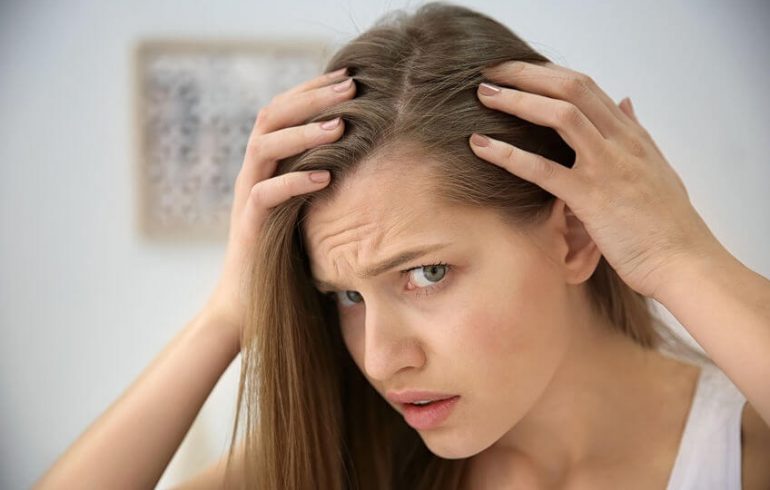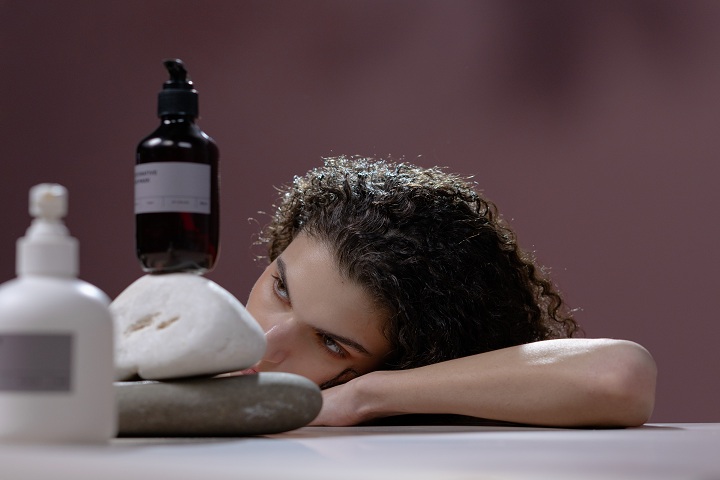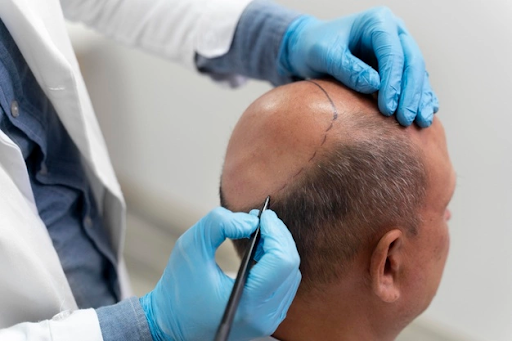Originally, there are three hair ethnicity types, each of them carries their own characteristics, which included color, structure, texture and even the implantation on the scalp. Now, due to these variances, the hair grows differently on people of the different originating ethnic groups: Asian, Caucasian, African.
Does your ethnicity affect your hair loss?
Even though our hair varies so much among these three categories, hair loss and graying are mostly influenced by our genes, environment, and hormones – all of these play a huge role in hair loss as well as particular lifestyle and hairstyling habits.
Overall, it is commonly Caucasian men that endure more from hair loss. Hereditary hair loss mostly affects around 50 to 80 percent of Caucasian men and the approximate number of African and Asian is somewhere half of that compared to Caucasian men.
These dissimilarities in race propose that genetic susceptibility is an important influence on how prone you are to baldness. Whatever ethnic group we belong to though, our genetic structure is the dominating factor of hair loss and it can be passed down from both the male and female sides of your family. Regardless of how much hair loss certain ethnicities face, you always have options to preserve your hair and make sure that your head is still full of hair when you’re in your 60s and 70s. That is why you need to start taking proactive action. One of the best ways to do that, is by starting to use hair loss shampoos. These shampoos reduce DHT in your hair that in turn lessens the amount of hairfall you experience. For some of the best hair loss shampoos, visit Nisim.com
Even though the kinds, occurrence, and sternness of hair loss and graying hair may vary among the hair races, the reasons are always the same and so too is treating it. FDA-approved treatments for hair loss are typically appropriate for hair types and people of different races, but you may want to get a specialist or doctor’s opinion if hair loss or receding is becoming a huge concern. There can be customized variations on these treatments and occasionally a combination of established treatments, hair supplements, and hair growth boosters may give the most advantageous solution.
The racial variations in hair shape show that there’s also a distinction in how you take care of it. Let’s take a look:
- For hair that is susceptible to dryness, more moisture is needed every day. Monthly conditioning treatments are highly recommended if you’re into coloring or dying your hair. Afro hair grows in a firm twisting fashion, it’s tough for the natural lubricants to work their way from the scalp to the edges of the hair. It can be more defenseless to certain scalp problems and inclines to be dryer and more prone to breaking.
- Asian hair usually has higher absorbency levels, taking in and keeping the moisture more quickly. Though, as Asian hair grows quicker and tends to be lengthier compared to the other hair types, it can still suffer from dryness as it tends to lose all the moisture while it grows longer.
If you fall under these types of hair ethnicity, you still don’t have to worry as long as you take care of your hair in the most effective way. Although, if you’re starting to see some changes to your hair and it starts thinning due to hereditary hair loss, you should go see a specialist and check out options you can best take advantage of.
Out of the three Ethno-hair types and their relation to thinning hair, it would still depend greatly on how we take care of ourselves, also male pattern baldness routes back to the family. Let’s say your grandfather, or your father or even your brothers went bald earlier at some point, there’s a high probability that you will go bald early too. However, the toughest stimulus is on the mother’s side – your mother’s side: so, if your mother’s father (your grandfather) went bald, that perhaps is a greater sign that you will be bald too compared to if your father’s father lost his hair. However, just like what we usually say, consult a doctor for a better and more detailed explanation for kind of situation, as well as how to prevent it and how to overcome it.






